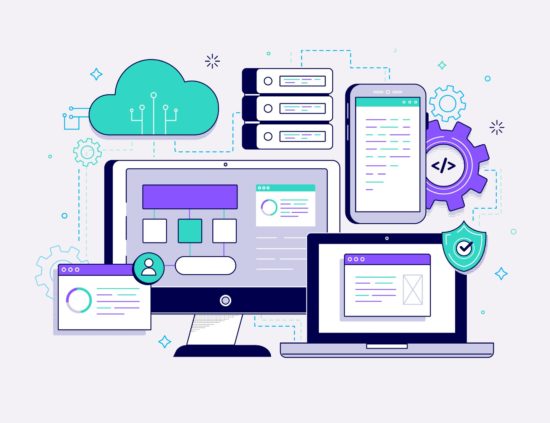
In today’s digital landscape, Software-as-a-Service (SaaS) solutions have become integral to the operations of countless businesses. These cloud-based applications offer convenience, scalability, and accessibility like never before. However, with the increasing reliance on SaaS applications, the need for robust backup and disaster recovery strategies has also become more critical than ever. In this article, we delve into the reasons why businesses should prioritize SaaS backup and disaster recovery.
1. Data Loss Prevention:
SaaS applications are not immune to data loss incidents. Accidental deletion, malicious attacks, sync errors, and software glitches can all lead to data loss. Without proper backup, valuable information can vanish in an instant, leading to operational setbacks, legal issues, and reputational damage. A comprehensive backup strategy ensures that critical data is protected, allowing businesses to recover swiftly and resume operations.
2. Compliance and Legal Obligations:
Many industries are subject to stringent data retention and privacy regulations. Whether it’s healthcare, finance, or other sectors, businesses must adhere to compliance standards to avoid hefty fines and legal consequences. SaaS backup solutions can assist in meeting these requirements by ensuring that data is backed up, encrypted, and stored securely.
3. Ransomware and Cybersecurity Threats:
The rise of cyber threats, including ransomware attacks, poses a significant risk to businesses of all sizes. These malicious attacks can encrypt or destroy data, demanding payment for its release. Having a robust SaaS backup and disaster recovery plan can mitigate the impact of such attacks by allowing organizations to restore their data to a point before the attack occurred.
4. Service Outages and Downtime:
SaaS providers are not immune to service outages. Even the most reliable platforms can experience downtime due to technical glitches or maintenance. During such periods, businesses can come to a standstill, resulting in productivity losses and frustrated customers. With a backup and disaster recovery strategy, organizations can continue their operations using stored data until the SaaS platform is back up and running.
5. Seamless Business Continuity:
Natural disasters, hardware failures, and other unforeseen events can disrupt business operations. A well-designed disaster recovery plan ensures business continuity by enabling companies to quickly switch to alternative systems or locations. SaaS backup solutions are essential components of these plans, ensuring that data and applications are available for use even in challenging circumstances.
6. Long-Term Data Retention:
SaaS providers may have limitations on data retention periods or charge extra fees for extended storage. For compliance, legal, or business reasons, organizations might need to retain data for longer periods. Having control over your data through backup solutions enables you to manage your data retention policies more effectively.
7. Migration and Vendor Lock-In:
As business needs evolve, organizations may need to switch SaaS providers or migrate to different platforms. Without proper backup solutions, data migration can become complex, leading to data loss and operational disruptions. Having data backed up independently gives you the flexibility to migrate seamlessly without risking data integrity.
8. Customization and Configuration:
SaaS applications often allow customization and configuration to suit specific business needs. Losing these customizations due to data loss can be detrimental to operational efficiency. By regularly backing up data, businesses can ensure that these customizations are safeguarded and can be easily restored when needed.
Conclusion:
In the era of digital transformation, SaaS applications play a pivotal role in shaping the business landscape. However, the convenience of these cloud-based solutions should not overshadow the need for robust backup and disaster recovery strategies. The potential risks of data loss, cybersecurity threats, compliance breaches, and service disruptions underscore the importance of having a comprehensive backup plan in place. By prioritizing SaaS backup and disaster recovery, businesses can ensure the safety, accessibility, and continuity of their critical data and applications.






